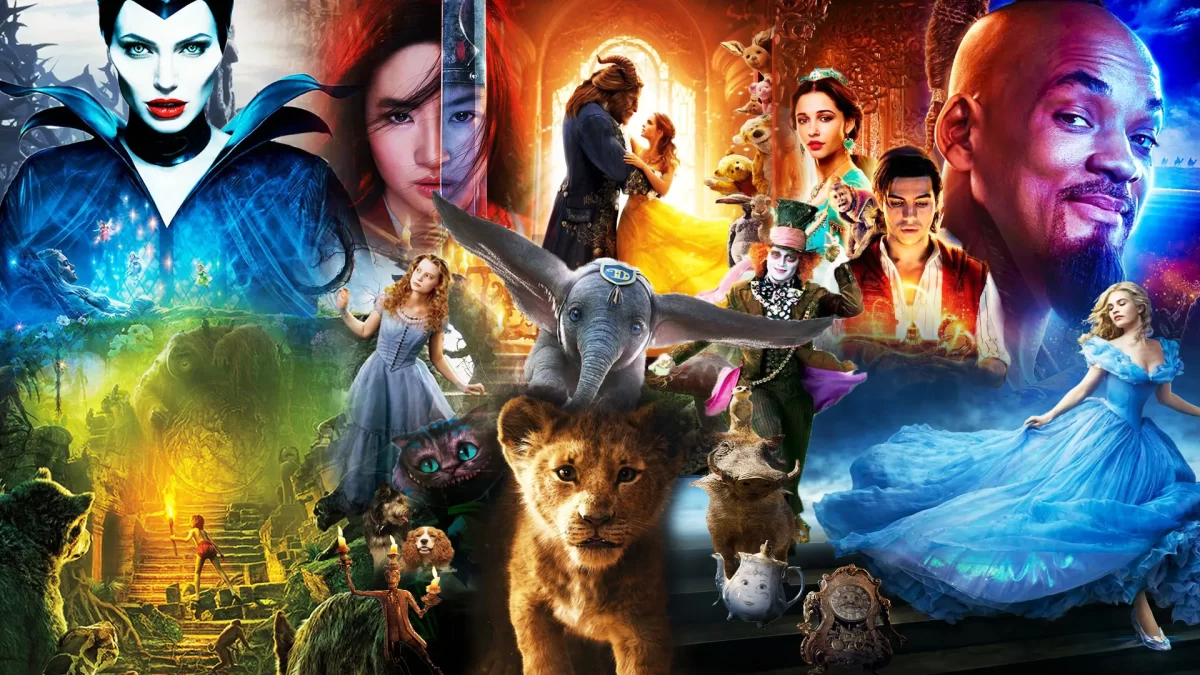On October 16, The Walt Disney Company will officially turn 100 years old. It started as a company renowned for ingenuity and its status as a pioneer in the field of animation. Today, however, the corporate greed of The Walt Disney Company has led to the release of an abundance of bland, unoriginal content that fails to push any artistic or technological boundaries.
I should preface by acknowledging that many deeply passionate artists work in The Walt Disney Company, and that it is unfair to label every individual at the company passionless. Recent movies such as “Soul” (2020) and “Encanto” (2021) have reached critical acclaim for their portrayals of more complex themes and characters. Sadly, Disney films with that level of creativity and passion are becoming increasingly rare.
Instead, Disney has preferred to spend its time calling for live-action remake after live-action remake of films from its animated catalog. While live-action remakes aren’t entirely new to the Disney Company (the first acknowledged example is the 1994 version of “The Jungle Book”), Disney’s increasing reliance on these movies is simply pathetic. Between 1994 and 2009, only four Disney live-action remakes were released. Since 2010, Disney has released 17 live-action adaptations; by the end of 2024, that number will have increased to 20.
So what exactly kick-started this remake obsession? While the answer has some complexity, most critics point to Tim Burton’s “Alice in Wonderland” (2010). The live-action adaptation grossed over one billion dollars worldwide, despite the fact that it received a 51% score on Rotten Tomatoes and a 53% score on Metacritic.
The overwhelming commercial success proved that parents who grew up watching classic Walt Disney animated films such as “Alice in Wonderland” would go out of their way to see remakes, bringing their families along as well in the hopes that the live-action movies could be nostalgic for the next generation of kids. That fact has remained true for the remakes released after “Alice in Wonderland.” In total, Disney live-action remakes have grossed over nine billion dollars worldwide at the box office. That number does not take into account the money made off merchandise sold for live-action remakes, meaning that Disney likely makes a far greater profit than previously thought.
Unfortunately, these live-action remakes probably won’t hold the same nostalgic status as the original animated movies. For one, the mere concept of adapting an animated movie into a live-action movie carries serious drawbacks. Original Disney animated movies are renowned for their unique color palettes, fantastical elements, and character designs. Even with the use of CGI, it’s very difficult to translate these iconic images and concepts into live-action.
Another issue comes with the idea of suspension of disbelief. When a studio uses animation to tell a story, the minds of the audience find it easier to accept absurd concepts such as animals singing and dancing, household objects possessed by human souls, and a living doll being swallowed whole by a sea monster.
Now you may be wondering, is there any real harm done by the prevalence of Disney remakes? Many members of the film community argue yes. Because of its contract with theaters, Disney can force theaters to play live-action remakes at the threat of removing the theater’s ability to screen popular movies in franchises like Star Wars or the Marvel Cinematic Universe. Movie theaters, especially in the age of streaming, need the profit from these blockbusters and will screen poorly rated remakes in order to sustain their businesses. The overabundance of films by studios like Disney forces smaller-scale, independent movies to have limited runs in theaters. Through this process, studios like Disney develop extreme control over movie theater content and create a world of film that values quantity over quality.
Live action remakes take over the movie industry
Disney has released 17 live-action movies since 2010, and three more are coming by the end of 2024.
Story continues below advertisement
Tags:



